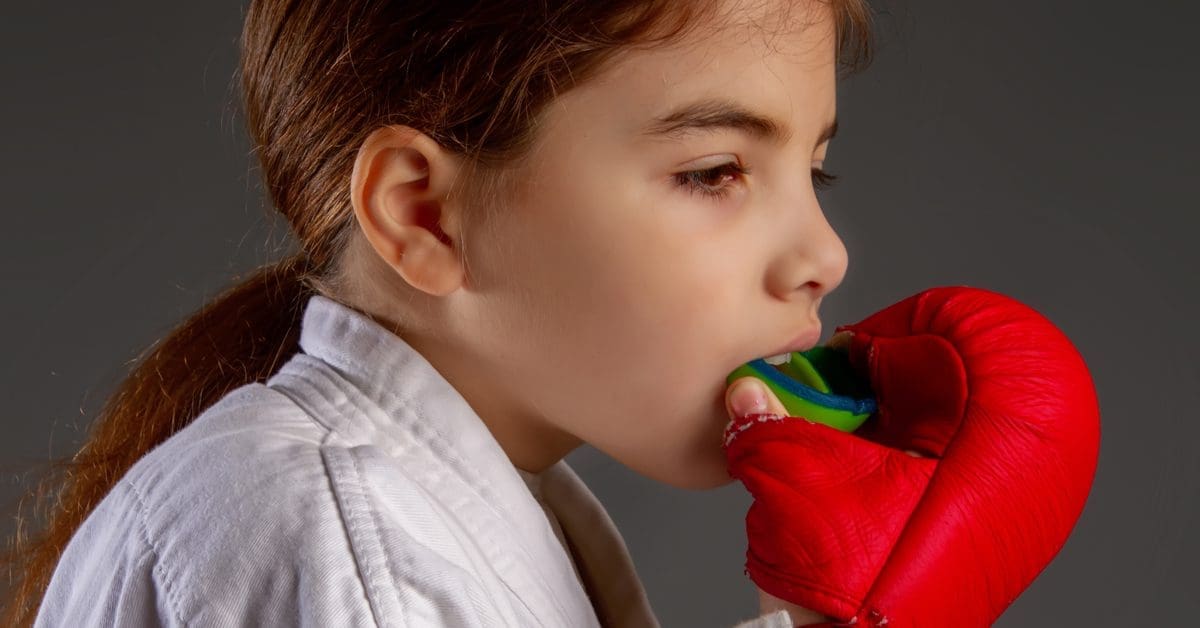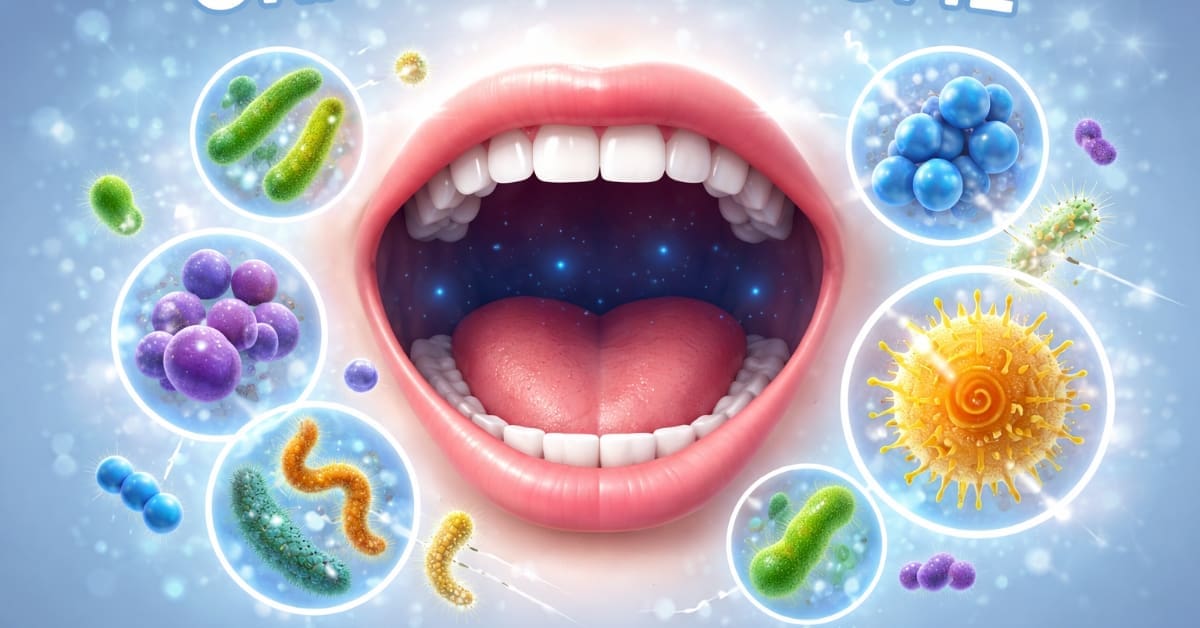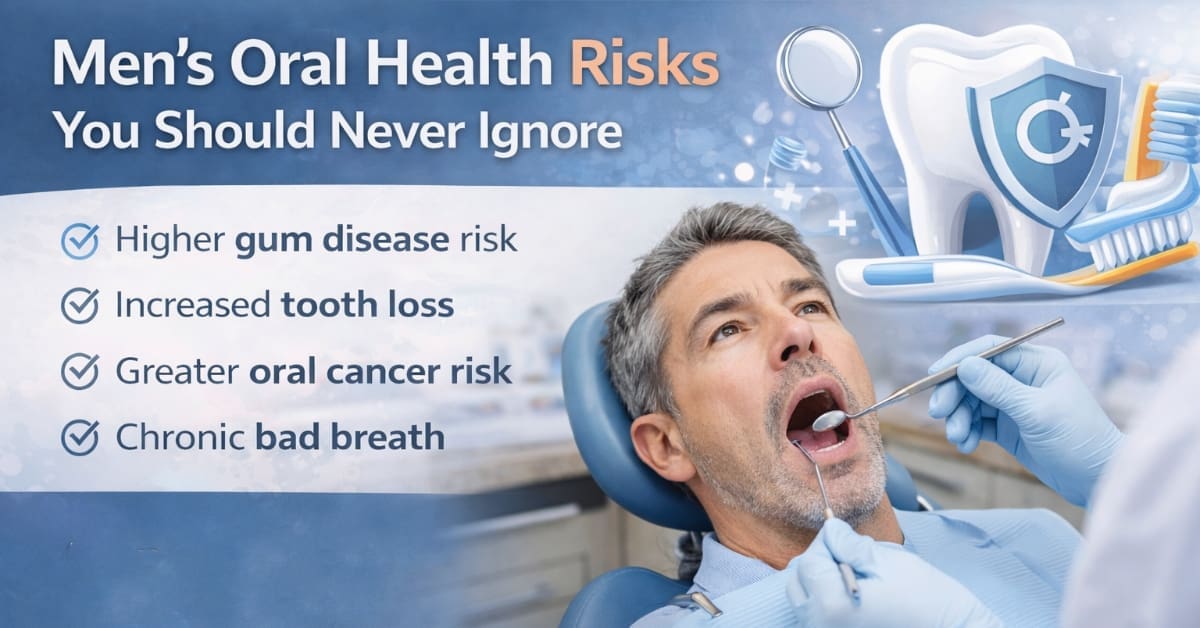Reasons Why Young Athletes Should Wear Mouthguards
Playing sports is a great form of exercise for young kids and can also be a great opportunity to make friends and get young athletes used to playing competitively. Depending on the kind of sport, however, there is a risk of injury. Luckily there are protective measures that can be put in place to avoid or minimize injuries – like wearing a mouthguard. Keep reading on to learn more about the benefits of wearing mouthguards for young athletes.
How frequently do people get injured playing sports?
According to the American Dental Association (ADA), over 70% of dental injuries are sports-related. Of those, 10 to 20 percent are maxillofacial and affect children or teenagers. Young athletes who don’t wear protective mouthguards are 60 times more likely to sustain an injury than those who do. That’s why the ADA recommends the use of mouthguards in over 60 types of sports.
What are mouthguards, and what do they do?
A mouthguard is a cushioning mold that people wear to absorb shock in the event of trauma to the mouth. After researching the efficacy of mouthguards, the ADA and the American Academy for Sports Dentistry both concluded that they do work and provide effective protection.
It’s worth noting that mouthguards don’t make athletes invincible, as they can’t protect against concussions for instance. So children should still be careful when playing sports.
Do children who don’t play contact sports need mouthguards?
Sports like wrestling, mixed martial arts (MMA), lacrosse, and ice hockey, which involve physical contact, mandate mouthguard use for all players. That was established in the 1960s by the National Federation of State High Schools and has resulted in a reduction in oral injuries, which now occur at a rate of 1% in all the sports mentioned above.
However, children are still getting oral injuries while doing other types of sports. For example, kids between the ages of 7 and 12 are most likely to get injured during baseball games. That can happen if they’re hit by the ball or if they crash into another player or a wall. Many people don’t wear mouthguards while playing baseball, though.
The sport with the highest rate of oral injuries for teens between 13 and 17 years is basketball. Most of the injuries result from contact with opposing players rather than being hit by the ball. Because mouthguards are rarely worn during basketball, this leaves the athletes susceptible to injury.
Should my child wear a mouthguard if they don’t do organized sports?
Informal practice sessions and pickup games also carry a risk of oral injuries, so it’s important to take precautions in these scenarios too. Furthermore, solo sports like skateboarding, bike riding, and horse riding can also result in many falls, which run the risk of oral injuries if there’s no mouthguard being worn.
What should I do if my child refuses to wear a mouthguard?
Children are meant to wear protective guards for organized games, so when they are just practicing or playing informal games, you may need to convince your child of the benefits of taking precautions to protect themselves and their teeth.
First, find out why they don’t want to wear a mouthguard. If it’s because of discomfort, then you could try to get a custom-fit mouthguard that would be more comfortable to wear. You could also explain the reasons why you are keen for them to wear a mouthguard, so they fully understand all the risks and consequences of not being protected.
Get Your Young Athlete a Mouthguard Today
Suburban Essex Dental located in West Orange New Jersey is an NJ top dentist who provides custom sports, mouth guards. Get in touch to schedule your consultation. We look forward to helping your young athlete stay safe.





